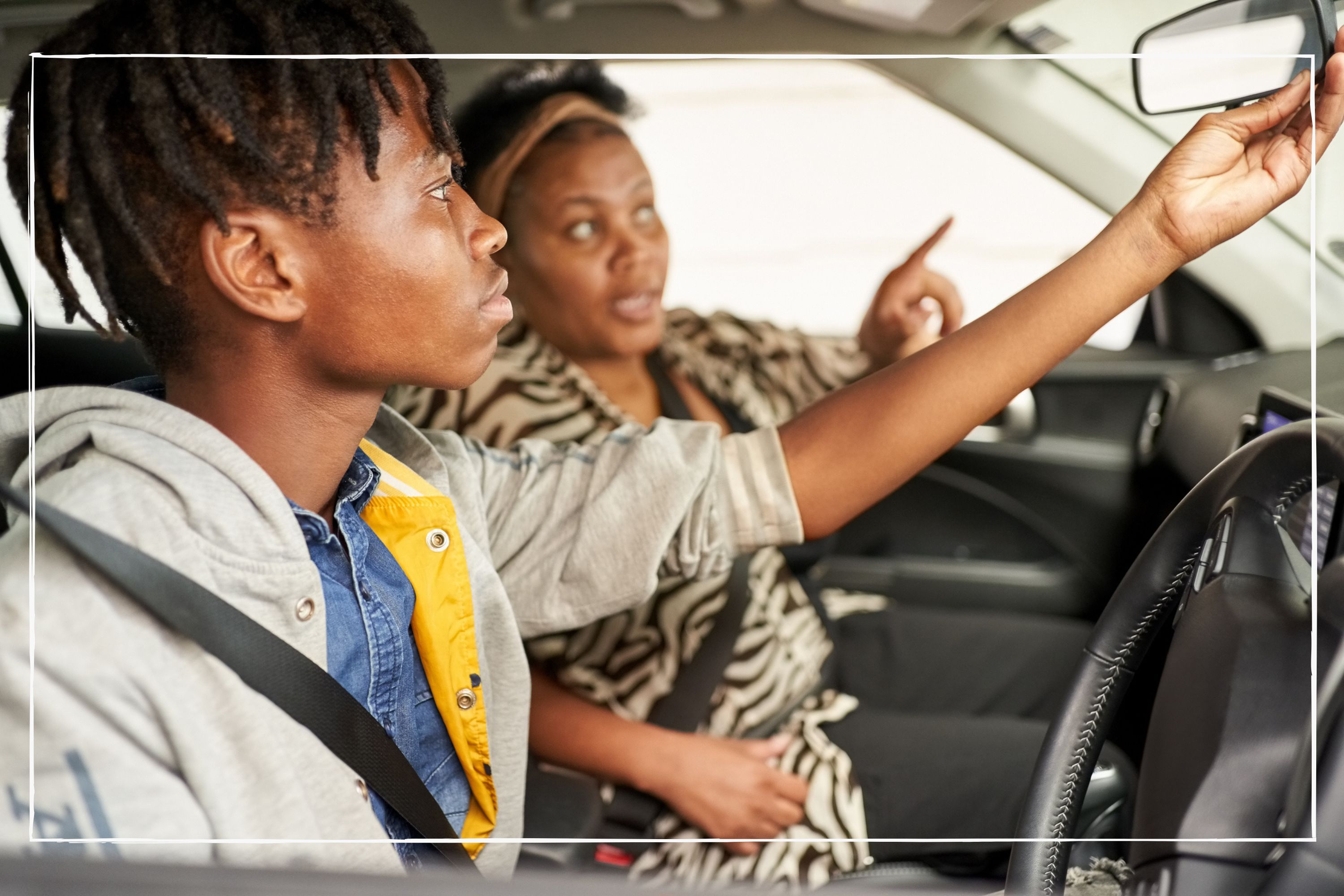Gen-Z could be costing their parents £1,300 a year, by refusing to do this one thing (but it's not always their choice)
It's not just parents who are facing the additional costs, the costs for Gen Z could be even higher

Gen Z are costing their parents more than £1,000 a year by not learning how to drive, according to new research.
The cost of raising a child runs into the hundreds of thousands of pounds, and when coupled with the high cost of living, it's no wonder that parents are feeling the pinch on their finances. This can be made worse during school holidays, when parents can expect to pay in excess of £3,000 a year keeping their kids entertained outside of term time. And according to data from Money Supermarket, as reported by The Telegraph, parents are forking out an additional £1,300 a year ferrying around older children who haven't learned how to drive themselves. Motoring experts at Red Driver Training have noticed that in 2016, the average age of a driver passing their test was 25, and that now they are between 26 and 27. And compared to 30 years ago, only half as many 17-20 year olds have a full driving licence today, with cost being one of the major reasons why:
- Cost of lessons
- Cost of buying a car
- Cost of insurance
- Wait times for booking a test
- Impact of pandemic
Lessons cost between £25 and £50 per hour with a recommended 45 hours of lessons needed in order to pass the test. That tots up to between £1,125 and £2,250, and then on top of that there is the cost to take the driving test, which is £23 for the theory test and £62 for the practical.
According to survey of 1,000 adults by personalised number plate provider, Regtransfers, almost nine out of 10 adults (87 per cent) believe that parents should contribute to the costs that come with their children learning how to drive. One third of those felt that it should be an equal split with their offspring when it comes to driving lessons, with 25 per cent feeling it should be the same when it comes to buying their first car.
While some parents might be able to help their children with the cost of lessons, the price of car insurance for young people can be another huge barrier. According to Go.Compare, the median cost of comprehensive car insurance for young drivers is a whopping £1,265, but this could easily be more depending on where you live and if you drive a lot.
The average wait time for driving tests is also a factor. As of the end of January 2024, the average wait time was just over 15 weeks, which can be off-putting to those wanting to pass and get out on the road. The pandemic also had an impact, with lockdown measures pressing pause on the driving ambitions of many learner drivers, to the point where they now may have lost momentum, or given up on the idea altogether.
Elliott Allen, an Independent Financial Adviser at Advanta Wealth, says: “It is entirely individual whether parents would like to get involved in paying for their child’s driving lessons or first cars. Everyone is going to have different opinions, circumstances and values when it comes to money. For those parents who do want to help their children, the best and most simple advice is to start saving from an early age.
Parenting advice, hot topics, best buys and family finance tips delivered straight to your inbox.
"There are products on the market, such as a Junior ISA, which parents can contribute towards. Once your child turns 18, they will have access to the funds, and if you’ve been contributing little and often to this fund, you will have generated a good financial platform for them. People often under-estimate the value of time, and starting as early as possible gives the greatest impact of compound interest for any savers accounts available.”
You might also be interested in other ways to save for your child's future, as well as how the 50/30/20 budgeting rule could help your teen plan the expense of car ownership.
Sarah is GoodtoKnow’s Money Editor. After Sarah graduated from University of Wales, Aberystwyth, with a degree in English and Creative Writing, she entered the world of publishing in 2007, working as a writer and digital editor on a range of titles including Real Homes, Homebuilding & Renovating, The Money Edit and more. When not writing or editing, Sarah can be found hanging out with her rockstar dog, getting opinionated about a movie or learning British Sign Language.